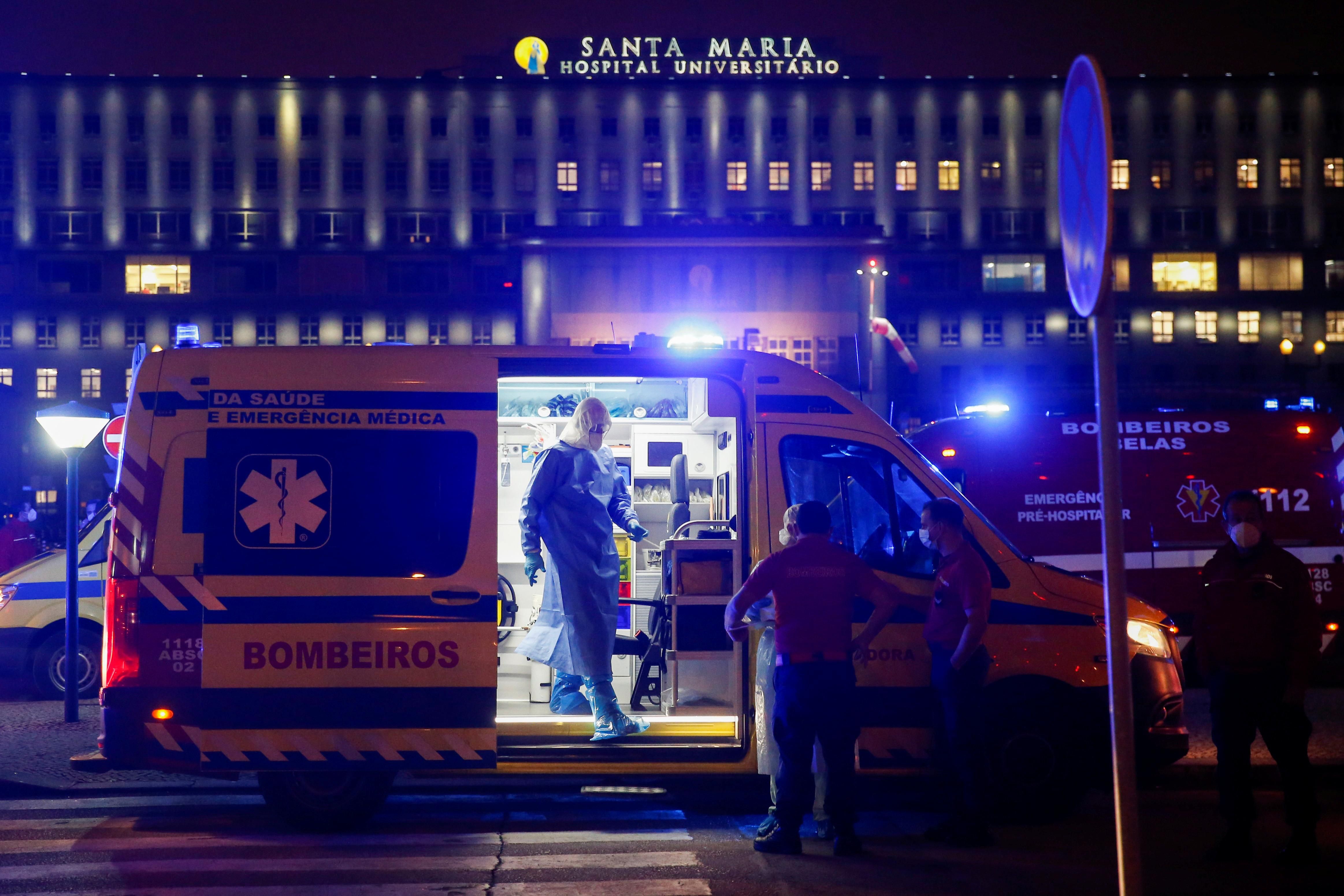News
February 02, 2021
45: Roughly 45 percent of all Portuguese deaths (5,576) from COVID-19 were recorded in January 2021. Portugal says that the more infectious UK variant is to blame for its deepening COVID crisis, which has seen Lisbon appeal to Austria and Germany for urgent medical assistance as its hospitals struggle to keep pace with the outbreak.
92: Late-stage efficacy trials reveal that Russia's Sputnik V COVID vaccine has a 92 percent efficacy rate and a high safety record, the Lancet medical journal reports. Russia came under fire for rolling out the shot before safety trials had concluded, but many scientists now say it is a proven COVID vaccine.
3: Nguyen Phu Trong, the head of Vietnam's Communist Party, has bypassed party rules to secure his third term as national leader after the party failed to agree on his successor. Trong, who has overseen one of the most successful COVID containment strategies in the world, has long maintained a tight grip on power by quashing dissent.
159: Turkish police arrested 159 students protesting President Recep Tayyip Erdogan's decision to tap political ally Melih Bulu to head Istanbul's liberal Bogazici University, one of the country's top schools. Many students see the move as an attempt by the government to further encroach on academic life. Erdogan has purged thousands of academics from their posts in recent years.More For You
Mastercard Economic Institute's Outlook 2026 explores the forces redefining global business. Tariffs, technology, and transformation define an adaptive economy for the year ahead. Expect moderate growth amid easing inflation, evolving fiscal policies, and rapid AI adoption, driving productivity. Digital transformation for SMEs and shifts in trade and consumer behavior will shape strategies worldwide. Stay ahead with insights to help navigate complexity and seize emerging opportunities. Learn more here.
Most Popular
Think you know what's going on around the world? Here's your chance to prove it.
Miami Mayor-elect Eileen Higgins points as she thanks her staff and supporters on the night of the general election, on Tuesday, Nov. 4, 2025.
Carl Juste/Miami Herald/TNS/ABACAPRESS.COM
A Democrat won Miami’s mayoral race for the first time in nearly 30 years. The Republican defeat will ring some alarms for the party – and their support among Latino voters.
Women work in the plastic container assembly area inside the El Oso shoe polish factory, located in Mexico City, Mexico, in its new facilities, after officers from the Secretariat of Citizen Security and staff from the Benito Juarez mayor's office arbitrarily and violently remove their supplies, raw materials, machinery, and work tools on January 17 of this year following a coordinated operation stemming from a private dispute. On August 27, 2025.
Photo by Gerardo Vieyra/NurPhoto
50: Mexico’s President Claudia Sheinbaum is taking a page out of US President Donald Trump’s book, implementing up to a 50% tariff on more than 1,400 products in a bid to boost domestic production.
© 2025 GZERO Media. All Rights Reserved | A Eurasia Group media company.
